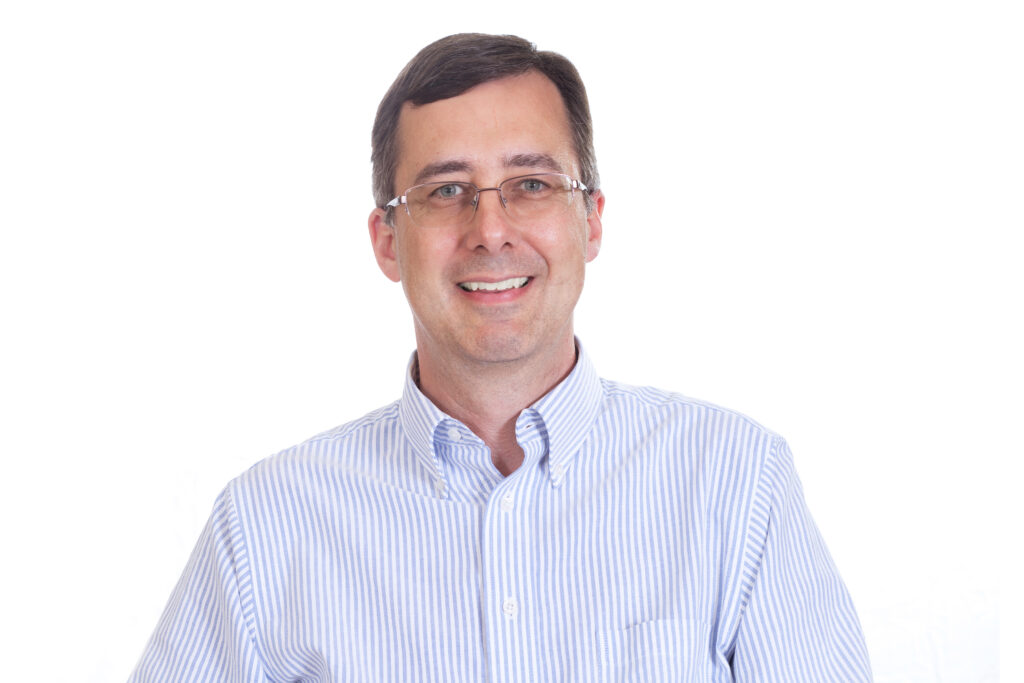Machine Learning for Intermolecular Interactions

Machine learning promises high-quality predictions at tremendously reduced computational cost compared to standard quantum chemistry methods. Several machine learning models for single-molecule properties have already demonstrated considerable success. However, standard approaches to machine learning in chemistry are not well suited to modeling intermolecular interactions, which govern protein-ligand binding, biomolecular structure, and properties of condensed phases. This talk will explain the challenges for applying machine learning to intermolecular interactions, and our approaches to overcome them. We have examined pure machine learning methods, physics-based models whose parameterization has been accelerated by machine learning, and combinations of the two. The speed and accuracy of the resulting methods will be illustrated for protein-ligand interactions.
Biography
Dr. C. David Sherrill is a Regents’ Professor in the Schools of Chemistry and Biochemistry and Computational Science and Engineering at Georgia Tech. He obtained his B.S. in Chemistry from MIT in 1992, and his Ph.D. in Chemistry from the University of Georgia in 1996. Dr. Sherrill serves as Associate Director of the Institute for Data Engineering and Science at Georgia Tech, which coordinates efforts in data science and high-performance computing. He has published over 200 articles on the development and application of theoretical methods and algorithms in computational quantum chemistry, and has an h-index of 80 (Google Scholar). He is the lead principal investigator for the Psi4 open-source quantum chemistry software package (psicode.org). He is a Fellow of the American Association for the Advancement of Science (AAAS), the American Chemical Society, and the American Physical Society, and he has been Associate Editor of the Journal of Chemical Physics since 2009. Dr. Sherrill received Georgia Tech’s W. Howard Ector Outstanding Teacher Award in 2006. He was elected to the board of the World Association of Theoretical and Computational Chemists in 2022. He has been very active as a volunteer in the American Chemical Society (ACS), one of the world’s largest scientific organizations. For the Georgia Local section of the ACS, he has served as Chair (2005-2006) and Councilor (2008-present), and he received the Outreach Volunteer of the Year (2017) for his work with K-12 teachers during National Chemistry Week. In the National ACS, he has served as chair of Theoretical Chemistry (2011) and chair of the Division of Physical Chemistry (2022).